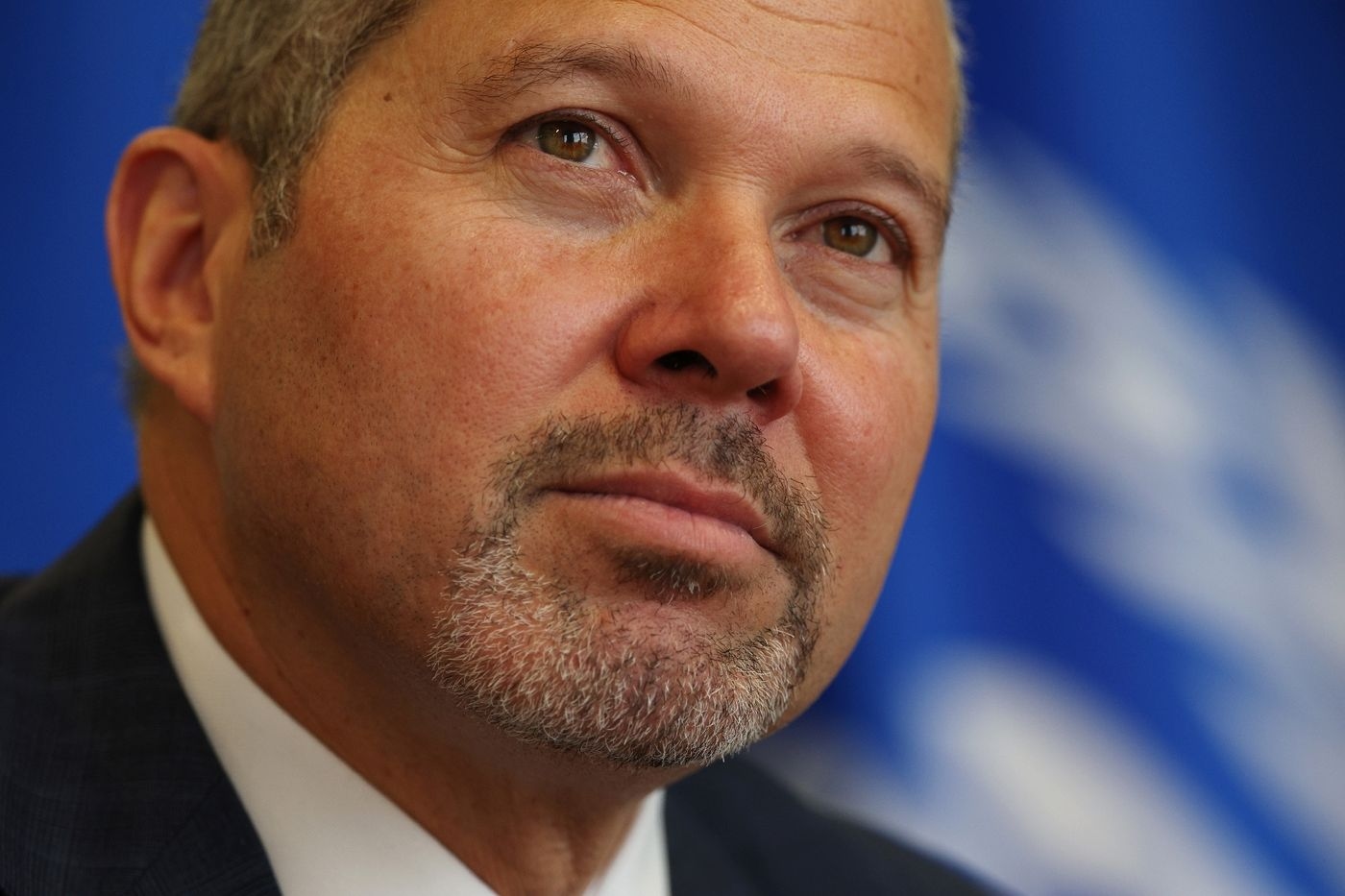US scuttles global deal on decarbonizing ships

Member countries of the International Maritime Organization (IMO) postponed their decision on Friday, October 17, for one year on the adoption of a global plan to reduce greenhouse gas emissions from ships. This was a diplomatic victory for the United States, which is categorically opposed to the project.
The postponement follows a chaotic week of negotiations in London, during which Washington, with the support of Saudi Arabia, Russia and other oil-producing countries , sought at all costs to derail the text, even threatening sanctions against countries that supported it.
This ambitious plan, the principle of which was approved in April, should enable the extremely polluting sector to take a historic climate turn by forcing ships to gradually reduce their emissions from 2028, until total decarbonization around 2050.
The postponement was approved by a majority of 57 votes to 49. In concrete terms, the member states decided to meet in a year on this issue - which does not, however, guarantee that a vote on the adoption of the text, like the one that was due to take place on Friday, will be held.
"I don't have much to say to you right now. It doesn't happen often," reacted a visibly dejected Arsenio Dominguez, the secretary-general of the IMO, an organization whose 176 members traditionally make decisions by consensus.
Donald Trump, who is attached to fossil fuels and has backtracked on climate change since his return to power, notably by withdrawing his country from the Paris Agreement, strongly opposed the plan on Thursday on his Truth Social network.
"The United States will NOT tolerate or comply with this global green shipping tax scam," said the US president, who has in the past called climate change "the biggest scam" in history.
Washington "prevented a massive increase in taxes imposed by the UN on American consumers, which would have been used to finance progressive climate projects," US Foreign Minister Marco Rubio commented on Friday after the postponement, calling it a "huge victory" for Donald Trump. The United States threatened delegations in favor of the project with visa restrictions for their crew members, trade penalties, or additional port fees.
The proposed system "is not perfect," Arsenio Dominguez acknowledged at the opening of the summit on Tuesday. But "it provides a balanced basis."
The contentious plan aims to charge ships a sort of tax on their emissions above a certain threshold, with the aim of funding a fund that rewards low-emission vessels and supports countries vulnerable to climate change. This CO2 pricing is intended to encourage them to use fuels that emit less greenhouse gases.
This week, European Union countries, Brazil and China reiterated their support for the adoption of this "net zero framework" (also known as NZF), as did the Pacific island states, which abstained last April.
But China, like India, voted to postpone. Other countries such as Cyprus and Greece, many of whose ships fly the flag, as well as the Philippines, which provides the world's largest contingent of workers in the sector, abstained.
This one-year postponement is "regrettable" and the EU is ready "to resume discussions on the agreement under the aegis of the International Maritime Organization when appropriate," a spokesperson for the European Commission reacted on Friday.
"It is important to have this extra year to decide; we could not agree in two hours," declared the Argentinian delegate, whose country, in economic difficulty, benefits from significant financial support from Washington.
"It is common knowledge that the United States has threatened everyone," lamented the representative of a small country, speaking on condition of anonymity. These methods were denounced by the Brazilian delegate in plenary session on Friday.
La Croıx





